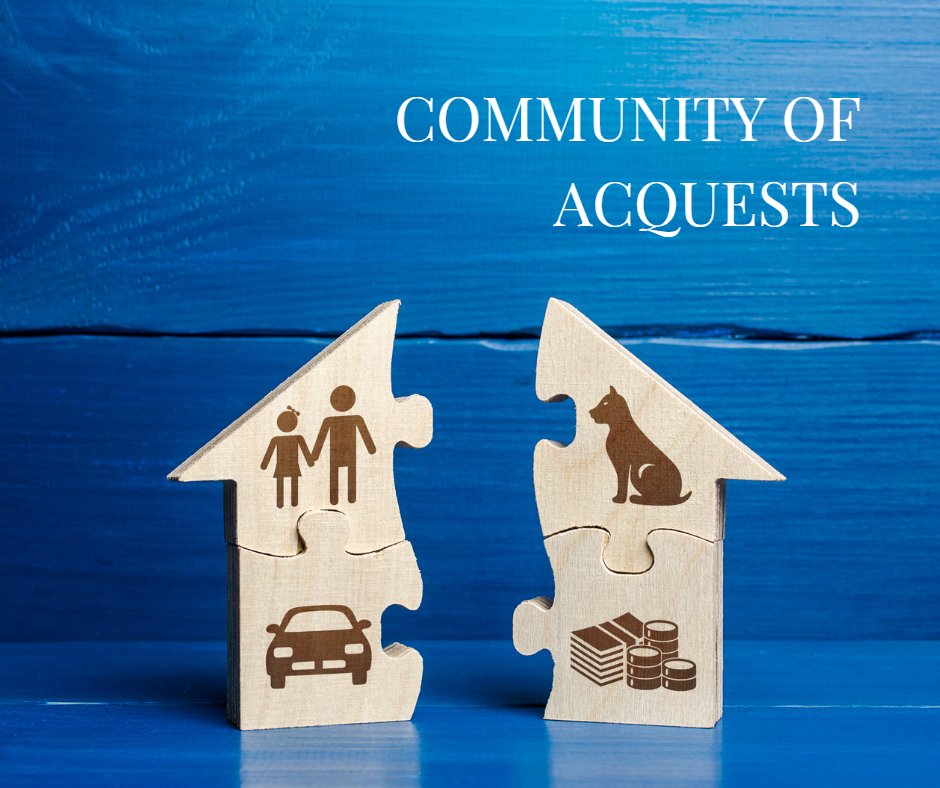
For those who have been following our articles for the past weeks, you would know by now that we have published a series of articles tackling matters relating to Separation and Divorce. Today’s article is about the Community of Acquests.
Perhaps you don’t even know it, but if you’re married and are residing in Malta, your marriage is by default regulated by the community of acquests (CoA) regime. Simply put, it is a community of property just like one big piggy bank into which all your assets and liabilities go – yes the latter too! This means that whatever you purchase and earn during marriage belongs to both of you spouses, in equal shares. What you owe, like loans, debts, bills and other obligations are also yours in equal measure between you.
What you earned and purchased before marriage however doesn’t belong in this porcelain piggy bank. This is called your paraphernal property. Similarly, whatever you might inherit during marriage also doesn’t form part of the community of property, at least not unless you do things to drag it into the CoA, like for example selling the Madliena villa that you inherited from your late Uncle Bob (he’d have left it to the cats if not you). Then with the monies you earned from the sale you decide to purchase a block of apartments with a penthouse (it was a large villa after all). That block of apartments now forms part of the CoA, though some will tell you that you would be able to exercise a paraphernal credit (let’s call it a clawback {reclaim}) over it if you decide to separate. The jury is still out on this, and we have conflicting judgments with Punch saying Nay! and Judy saying Yay!
In any case, if you’re separating or divorcing the CoA will eventually have to be liquidated. In other words, the community of property will have to cease to exist and the parties would have to decide on who gets what. In most cases, the matrimonial home, which is usually covered by a mortgage (loan), is sold, the bank gets paid the balance due to it, and the parties then split the remaining proceeds. Commonly, they would then take out a loan each and purchase another property in their own names. Shares in cars are usually swapped, parties assume their own debts and monies in bank accounts are divided equally.
In other cases, however, particularly in those cases where the CoA is rather substantial, where several properties may be involved, sometimes a boat and/or luxurious cars, the parties might opt not to sell any of these assets but simply divide them up between themselves. The same would go for businesses or companies that are either in both their names or came into existence during the marriage. Frequently, the parties carry on with their business though having decided to part ways personally. At other times a spouse, especially where one who has no inkling as to how to run a business, might instead be compensated with a lump sum payment based on the estimated value of the company.
Regrettably, it is at this stage or phase of a separation, rather than that regarding the welfare of the children for example, that the process usually becomes acrimonious, the parties belligerent and spiteful. On the other hand it isn’t always the case that the CoA is divided equally. In one of the previous articles I have quoted from actual cases where the party who was at fault received a much lesser share of the CoA than he would otherwise have received. This is why it is important to speak with your lawyer and discuss all of the salient details of the breakdown of your marriage so that together you can ensure that you get your fair share of the CoA.
Hey?! You don’t like to the idea of a community of acquests. I’ll tell you what you can do about that in my next article!






